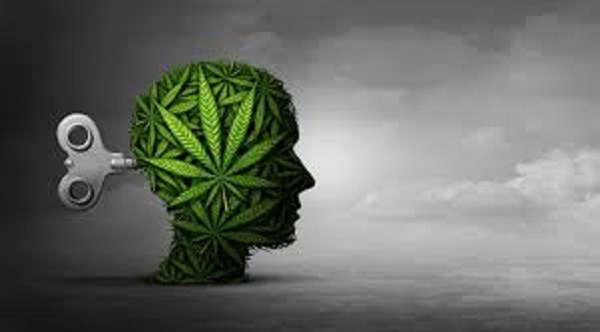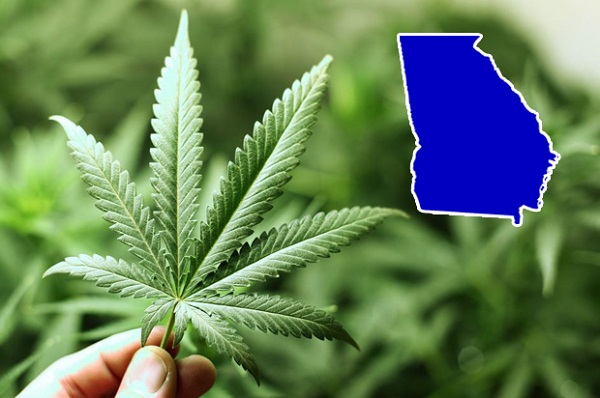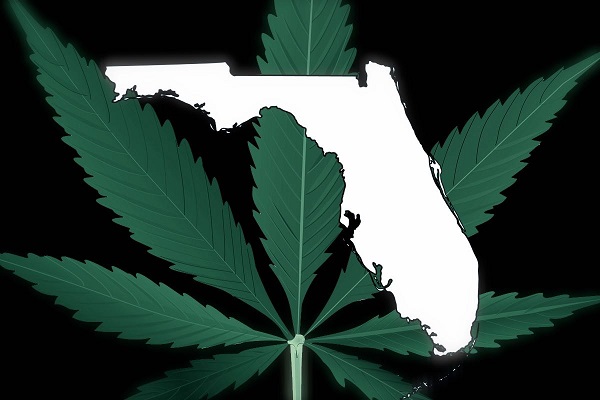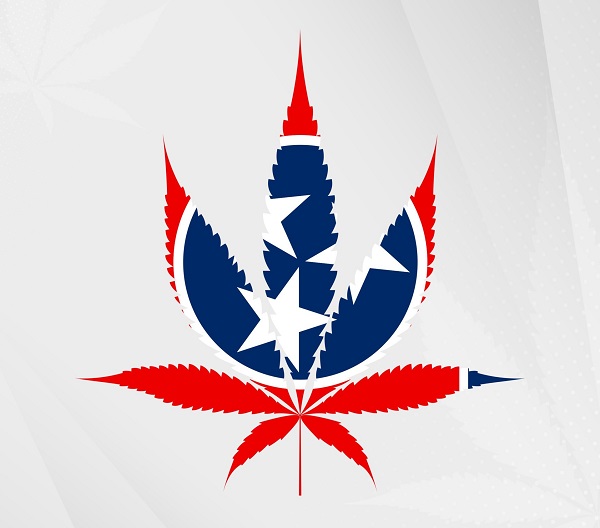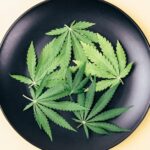Marijuana use and depression often go over-the-counter. If you are depressed, you are twice as likely to use marijuana than someone who is not. Marijuana use is on the rise in the United States as a whole, but it is growing faster among people with depression. Widespread legalization is probably one of the reasons.
Since the use of marijuana (cannabis) for medical and recreational purposes is legal in many states, getting it is easier than ever before. Easy legal access can make the drug safer.
Although many people with depression use marijuver-the-counterana, scientists do not believe that the drug causes a mood disorder. Instead, recent research suggests that people with the condition are using it to treat their symptoms. Relief of these symptoms is one of the most common reasons people say they use marijuana.
Some research suggests that medical marijuana can help you feel better if you’re depressed, especially in the short term. But the FDA has not approved medical marijuana for the treatment of depression.
If you or a loved one has depression, here’s what you need to know about the potential risks and benefits of marijuana.
Medical marijuana for depression
If you’re feeling sadness that you can’t shake off or a lack of interest in activities you once enjoyed, you may be suffering from depression—and you’re not alone. Depression affects about 350 million people worldwide. This common mood disorder is the leading cause of disability worldwide. However, many people with depression do not get the help they need.
Many treatments are currently available, including oral medications and various treatments. Researchers are starting to look into medical marijuana as a complementary treatment. Here’s more about using medical marijuana for depression, its benefits, and possible side effects.
What are the benefits of medical marijuana?
- Marijuana can be used as a tool for pain regulation.
- Medicinal marijuana may relieve symptoms of anxiety.
- It’s also recognized as a potential treatment for nausea and vomiting related to chemotherapy.
A 2014 study published in the Hawaii Journal of Medicine & Public Health found pain relief to be a potential benefit of medical marijuana. Study participants reported a 64% reduction in pain with marijuana use.
Many have also experienced reduced anxiety and improved sleep with the drug. In a 2012 study, cannabis was studied as a means of controlling spasticity in people with multiple sclerosis. On average, participants had about 30 percent less spasticity when using this treatment.
Research on marijuana and depression
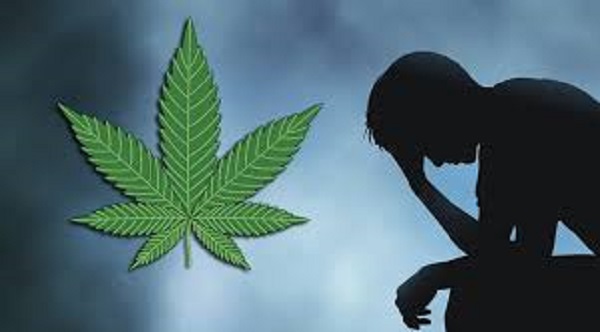
The evaluation of medical marijuana for depression is still in its early stages. Researchers are now reporting that possible benefits include restoration of “normal” endocannabinoid function and mood stabilization.
Scientists at the Buffalo University have begun studying medicinal marijuana as a possible treatment for depression caused by chronic stress. The school’s Addiction Research Institute (RIA) focuses on brain chemicals called endocannabinoids.
These are natural chemicals. They play a role in motor control, cognition, emotions, and behavior. They also have a chemical composition similar to marijuana.
Scientists conducted their research on animals, not humans. However, they found that chronic stress can suppress the brain’s production of endocannabinoids. They found that this could lead to depressive behavior.
Introducing cannabis into the body can help restore normal levels and functions. It can relieve symptoms of depression.
More research is needed to evaluate the true benefits and drawbacks of marijuana as a potential therapy for people with depression.
Risks and warnings
- Side effects may vary depending on the method of consumption.
- Views are mixed on whether marijuana can lead to depression or treat depression.
- Marijuana use may trigger schizophrenia or psychosis in people at higher risk of these conditions. However, research isn’t conclusive.
In the group surveyed about marijuana use for chronic pain, 71 percent did not report any significant side effects. Six percent reported coughing or throat irritation.
There is no clear evidence that marijuana causes depression. However, there may be a connection between them. Some studies show that chronic or heavy drug users are more likely to be diagnosed with depression than non-smokers.
Marijuana has also been linked to other mental disorders. If you are at high risk for psychosis, it is important to know that marijuana can trigger schizophrenia or psychosis. Psychosis is a serious mental disorder characterized by detachment from reality. Symptoms may include hallucinations and delusions.
Amotivational Syndrome
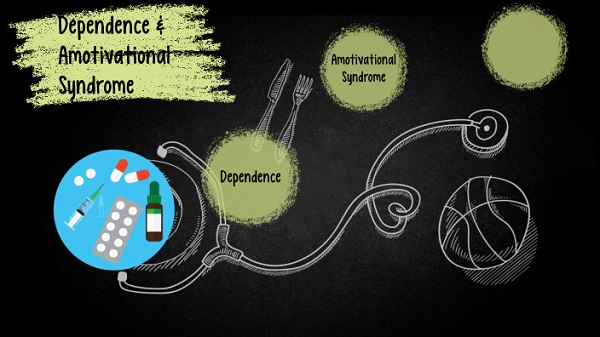
There is a well-known phenomenon called “amotivational syndrome” in which people who regularly and heavily use cannabis become lethargic, socially withdrawn, and perform daily activities at a level far below their ability to use marijuana.4 It is possible that this may mimic or exacerbate symptoms of depression.
Psychiatric Disorders
Some studies show that people who use marijuana (especially regularly or in large quantities) are more likely to be diagnosed with depression than those who do not use it. it is unclear whether depression is a direct consequence of marijuana use.
For some people with a predisposition to other mental illnesses, such as schizophrenia and bipolar disorder, marijuana use can act as a trigger for the illness to manifest. There are also some studies that show that heavy marijuana use during adolescence (especially among teenage girls) may be a predictor of depression and anxiety later in life.
Some people are also at risk of developing psychosis while using cannabis. People with substance-induced psychosis may have delusions, hallucinations, or both.
Dependence
One of the biggest concerns with using marijuana as a depression coping tool is that it can result in psychological dependence. It is estimated that about 30% of people who use marijuana will eventually become dependent on it, and the percentage rises in those who begin using marijuana before age 18.
Less Patience for Proven Treatments
Since the effects of marijuana are fast-acting, experts are also concerned that proven long-term behavior-based coping strategies and depression treatments, like cognitive behavioral therapy (CBT), may seem less helpful at first and may be less likely to be pursued despite their value.
Traditional treatments for depression
Treatment for depression is unique to you and the severity of your case. Mild, moderate and severe depression can be successfully managed and treated.
Mild depression may respond well to psychosocial therapies such as psychotherapy (also called “talk therapy”). Medications are not usually recommended for treating mild cases of depression.
Psychological therapies, such as behavioral or interpersonal therapy, are also a good first step for people with moderate to severe depression.
Antidepressants are another tool that some doctors use for more severe cases of depression. Examples include selective serotonin reuptake inhibitors and tricyclic antidepressants. Medicines can have potential side effects and should only be used under medical supervision. Antidepressants should be used with caution in children and adolescents with depression.
Tools for coping with depression
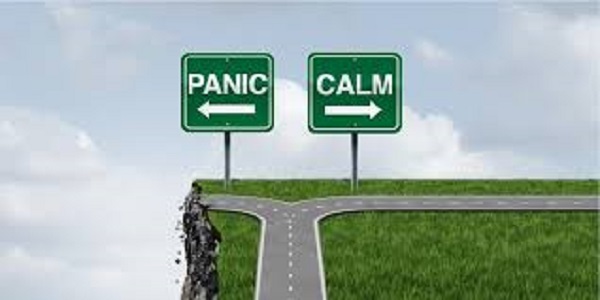
After you and your doctor develop a treatment plan, you can take further steps at home to cope with depression:
- Try cutting out extra responsibilities and stressors in your life. Give yourself room to breathe when you’re feeling down.
- Add more structure to your day. You can set reminders on your phone when you have events or other can’t-miss responsibilities.
- Consider journaling. This can be a healthy outlet for you to openly and honestly divulge feelings of sadness, anger, or fear.
- Seek out groups that help with mental health. Your employer or church may have an assistance program that can help. You can also check out the National Alliance on Mental Illness and the Depression and Bipolar Support Alliance.
- Try not to isolate yourself. Although this can be difficult when you’re feeling low, having a support network around you has a number of benefits.
- Discover new and fun ways to relieve stress and bad emotions. It could be as simple as taking a daily walk, striking some yoga poses, or trying meditation.
Conclusion
While research in this area looks promising, more work needs to be done to evaluate whether medical marijuana is an effective treatment for depression. In addition, only 24 states and the District of Columbia currently allow medical marijuana.
If you are interested in this potential therapy and live in an area where medical marijuana is legal, consider discussing this with your doctor. They may work with you to determine if this option is right for you. Your doctor may also recommend other treatment options for you. Together you can develop the best strategy for you.

